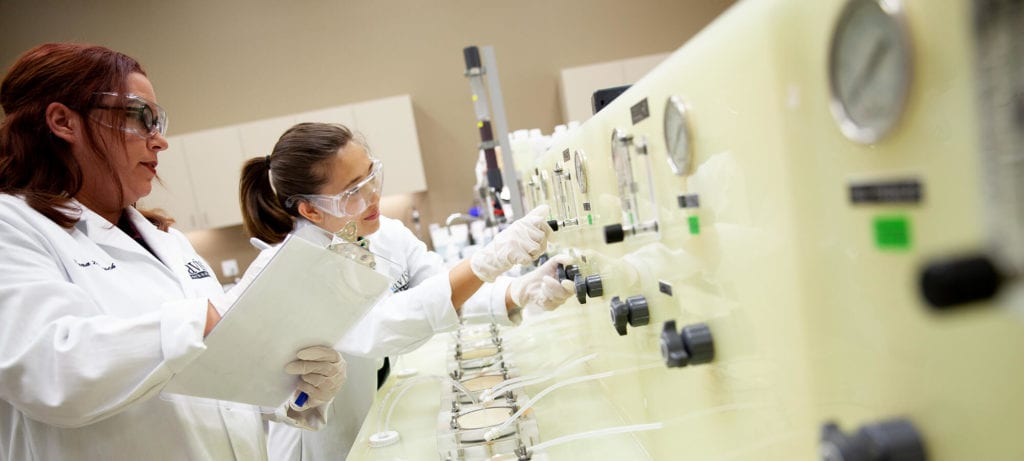Specialty Vs. Commodity Cleaners in RO Membrane Operations
Most system operators in the water treatment industry can expect to clean their membrane systems at some point, due to fouling within the membrane or just regular scheduled maintenance cleans. Effective cleaning is important because inefficient cleans can lead to more cleaning frequencies, which come with several costly fixes, such as extended periods of downtime, reduced element life, additional chemical costs, and higher operating costs due to excess feed pressure. Plus, membranes that are properly cared for can last for a long time (five to ten years or even more), preventing costly membrane replacement.
Cleaning in membrane operations can be done with commodity chemicals such as citric acid or caustic, or specialty cleaners that are specifically designed for effective removal of common membrane fouling. Let’s explore the pros and cons that come along with using commodity and specialty cleaners.
Commodity cleaners may be the top choice in some operations because they are easily accessible, offer multipurpose use, and may seem like the more cost-effective option. However, an important factor that should be considered is the type of fouling they’re treating. While membrane manufacturers will provide cleaner recommendations based on the type of fouling in the system, it may be impossible for operators to identify the membrane foulants without a proper autopsy, leading management to make a guess on the appropriate cleaning method.
Commodity cleaners also may not have the correct chemical composition to effectively remove certain foulants, nor are they buffered to achieve the optimal pH for a membrane system which can lead to an unsuccessful cleaning and even damage the membrane.
Specialty cleaners on the other hand, are carefully formulated to be compatible with membranes and consist of ingredients that act in synergy together to target specific foulants. Their membrane compatibility ensures that membrane systems will not be harmed during use. They can also be used as preventative measures to extend time between cleaning and improve overall membrane system performance. Additionally, formulated cleaners have been found to remove certain foulants, such as heavy metals (iron and manganese) faster than their commodity counterparts, citric acid, and sulfuric acid. The buffering capacity in these formulated cleaners not only prevents membrane damage but ensures the raw ingredients in the formula are working at their peak within a certain pH “range”. A misconception is that these well-formulated packaged cleaners are not always the most economical choice as they can be more expensive to use and more difficult to access than commodity cleaners. This is not always the case, many times l formulated cleans can bring a system back to baseline, reducing energy required to run at higher pressures and reducing cleaning frequency can save on operational costs (water, energy, chemical costs) in the long run.
Realistically, you may not always need a formulated cleaner, and often commodity chemicals can be used for regular maintenance cleans. However, if you start to notice your cleaning becoming less effective or find you are cleaning too often, give a formulated cleaner a try. The choice between commodity and specialty cleaners depends on factors like accessibility, cost-effectiveness, and the specific fouling faced by each operation. Ultimately, the selection of cleaners for membrane systems is a decision up to each individual company to make depending on their unique operational needs.





